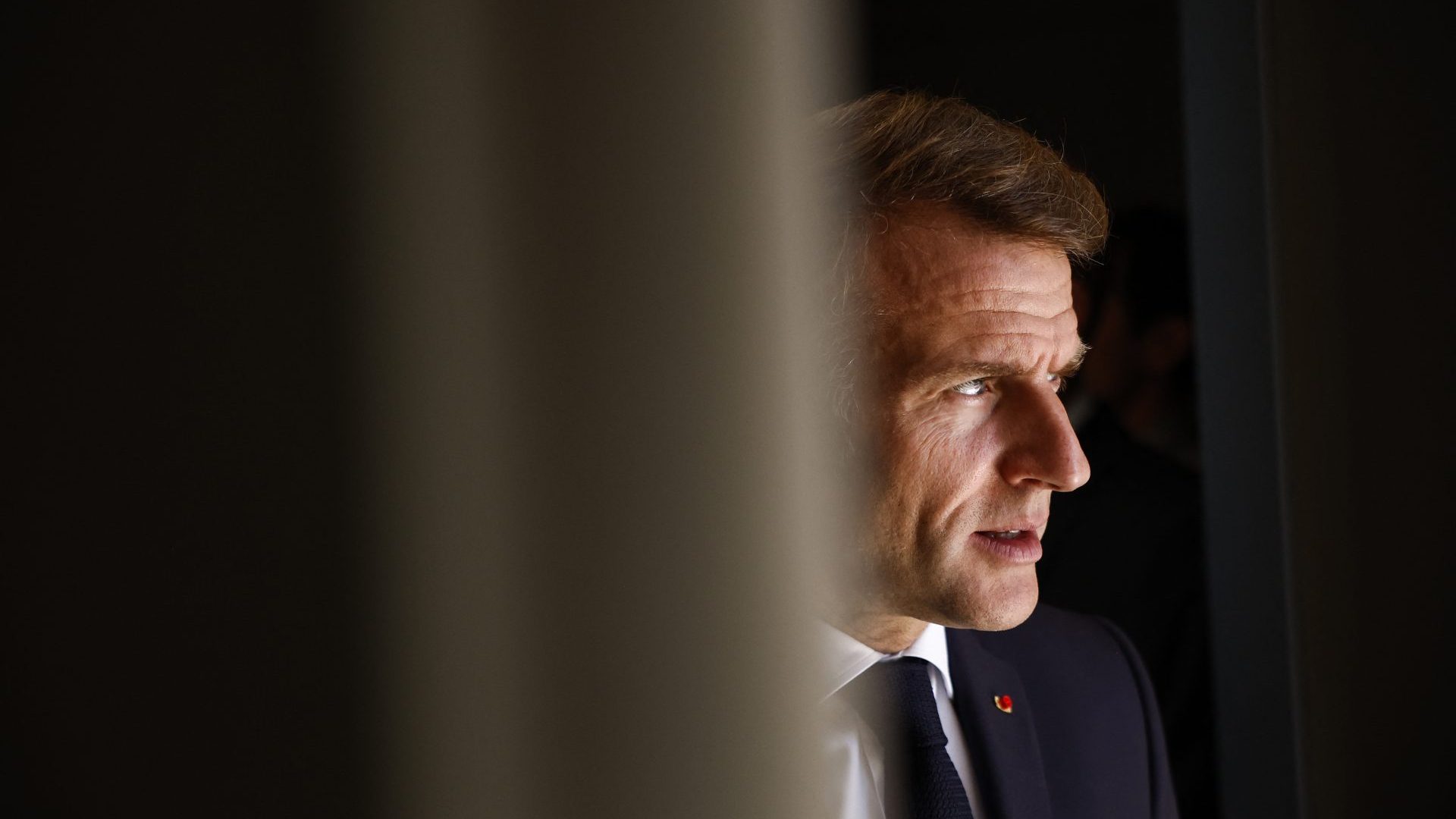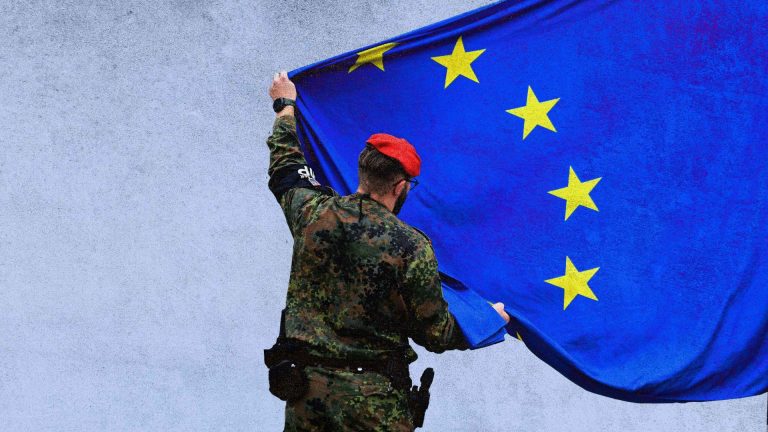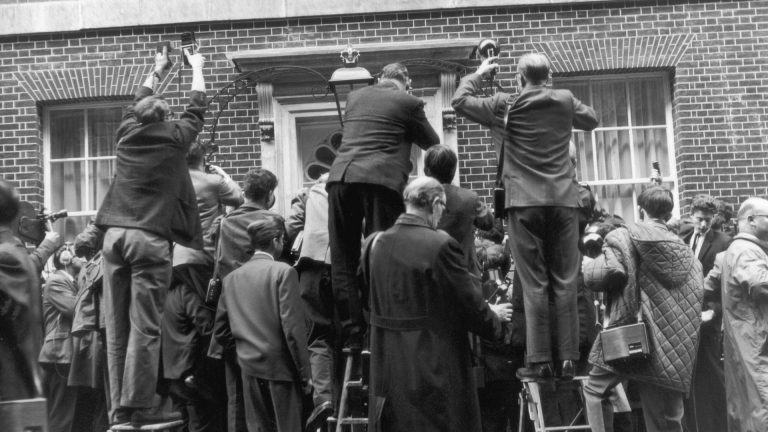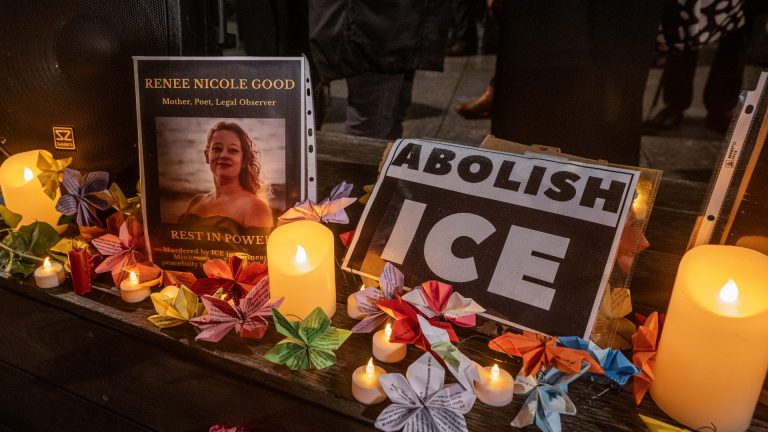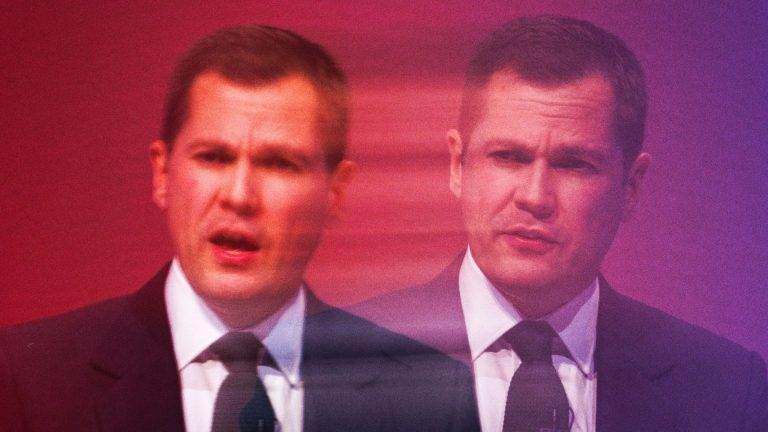The question is: what happens next? Against all expectations, French prime minister Sébastien Lecornu seems to have brokered some sort of fragile peace.
Back in early September, and following the latest outbreak of parliamentary chaos, Emmanuel Macron appointed Lecornu as the new head of his government.
A close ally of the president and a centre right stalwart, the new PM then took 26 days to convince enough people to join an enterprise which was sure to end in failure. He announced the new government on October 5, watched as its make-up was criticised by everyone and their dog, and offered his resignation mere hours later. He tried to achieve the impossible, and found it to be…well, you’ll never guess.
It looked, for a short while, like Macron had run out of road after that. Was he going to call another set of snap legislative elections? Was he going to resign? No-one knew, but everyone agreed that, surely, there wasn’t a politician in France who would agree to replace the last failed PM.
In the days that followed, the president used arguably the last trick up his sleeve, asking the recently unemployed Lecornu to lead the negotiations to form the next government. Once that was done, he celebrated by announcing that… Lecornu himself would become prime minister again. Macron tapped his wand and, probably for the last time, managed to get a rabbit to hop out of the top hat.
Perhaps even more incredible were the news that followed a few days later. Amazingly it looks, at time of writing, like this government may not immediately collapse like the heart of a dying star.
Despite not including any left wing politicians – again – some compromises made on pensions reform means that the centre-left will, for the time being, not follow the extremes in voting against the government in a no-confidence showdown. Indeed, on Thursday, this trembling foal of an administration survived the first attempts on its life in the National Assembly.
Trying to predict what will happen next would be a fool’s errand. There is a small, small chance that this will be it and, somehow, the government will last until the election. There is a much more likely future in which the government falls again in months or weeks, and France returns to square one.
The latter will probably happen because, as Le Monde wrote last month, “in the French parliamentary world, where any compromise is seen as a wretched act that implies becoming compromised, the fantasy of an absolute majority has continued to haunt politicians”. In short: every single party believes it can win next time, as long as it doesn’t get too damaged by the falling ruins of Macron’s last years in power.
As a result, every single party, aside from the few centrists still attached to the president, believes that working constructively with others would – ironically – only do them harm in the long run. “The French tradition is based on conflict, whether in companies, in unions or in the political sphere,” legal scholar Olivier Beaud told the French newspaper. “Any compromise is seen as either a terrible betrayal or as being cowardly and compromised. So it is difficult to find parties from the republican spectrum willing to commit to coalition politics.”
Suggested Reading
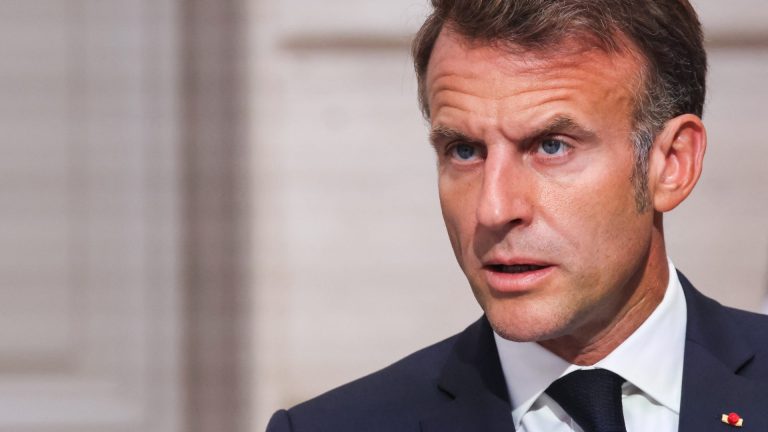

Crisis in France: it’s all Macron’s fault
No contemporary French politician has had to deal with sharing power with others, as many of their continental counterparts have had to learn to do in the 21st century. As a result, they are all still operating on the basis that this state of affairs is temporary.
This brings us back to our original question, namely: what happens next? Not even a buffoon would try to predict the results of the next election, but it would take a clown to assume that, by then, the majority of French voters will decide to back one single party, or slither of the political spectrum.
The country’s electorate is both deeply fragmented and seemingly stuck in its ways, and no politician can change that right now. In order to ensure the country has a political future, its rulers will have to start reckoning with the fact that the world they grew up in is, for the time being at least, dead and buried.
Much can be blamed on the idiosyncrasies of Macron but he alone isn’t responsible for something which has been happening in many other countries. The Germans, the Dutch and other European nations have got used to forming and disbanding coalitions. The French psyche and culture may well be uniquely unsuited to this new state of affairs, but they ought to understand sooner rather than later: they no longer have a choice


